A crippling year for theatrical exhibition, the pandemic-forced shutdowns meant most films weren’t available for viewing in their ideal presentation. However, through the invention and proliferation of Virtual Cinemas as well as festivals going online, it meant more people could get access to films they otherwise wouldn’t have had the opportunity to do so for some time. And with nearly all blockbusters delayed to 2021 or beyond, it meant the more nimble ecosystem of independent and foreign film got the spotlight. Which is to say, there were a few bright points in an otherwise bleak cinematic landscape. So, as we look to hopefully a more promising year, it’s my hope exhibition can survive alongside this more accessible virtual world.
Looking back at the 2020 new releases, there’s a number of films that narrowly missed my top 15, including Dick Johnson Is Dead, The Assistant, Bacurau, Boys State, Minari, Mangrove, Zombi Child, Driveways, On the Record, Tommaso, and the list goes on. When it comes to my favorite first-time viewings, here’s a list of my 75 favorites, topped by Stop Making Sense, News from Home, La Belle Noiseuse, The Swimmer, Showgirls, and more.
Without further ado, one can see my top 15 below and if you wade in the list-heavy waters of Letterboxd, here are my ranking of all 2020 films viewed and an early look at 2021.
Honorable Mentions: Martin Eden, Tenet, Bloody Nose, Empty Pockets, Ham on Rye, The Truffle Hunters
10. Collective (Alexander Nanau)
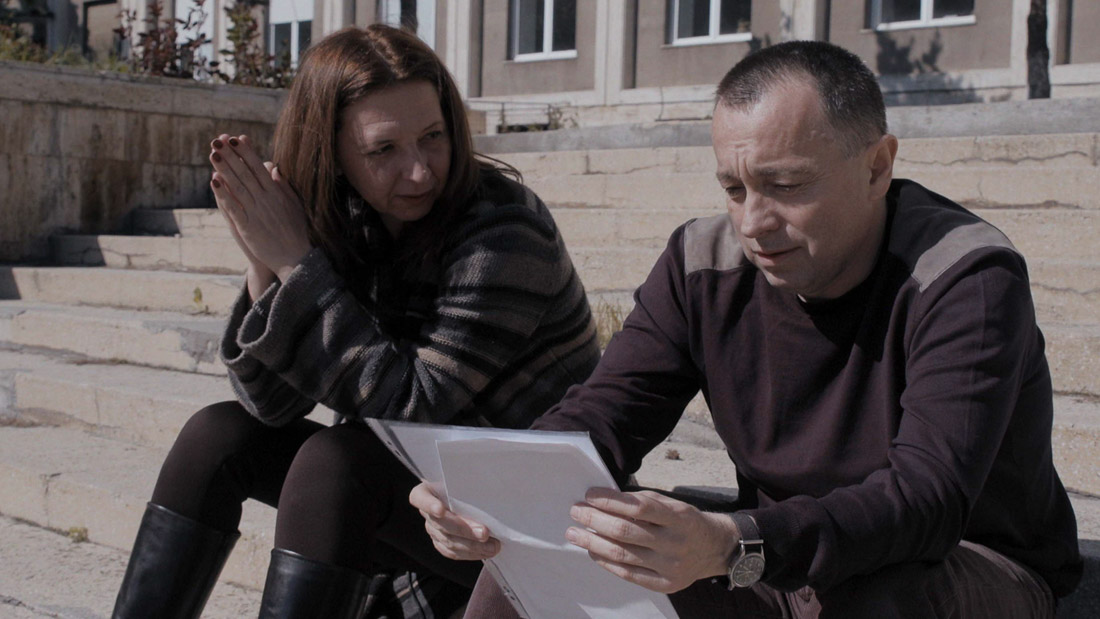
The last four years of the U.S. government’s gross bureaucratic mismanagement and utter failing of basic care for humanity can seem isolated to those living in it, but as the enraging, riveting Collective shows, the problem is far from unique throughout the world. Alexander Nanau’s portrait of the intrepid, persistent journalists who unpacked medical corruption in the aftermath of a tragic nightclub fire in Bucharest is astounding in the ways it cogently reveals just how deep the scandal goes. As horrifying as it is edifying, Collective is essential viewing.
9. Hill of Freedom and Yourself and Yours (Hong Sangsoo)
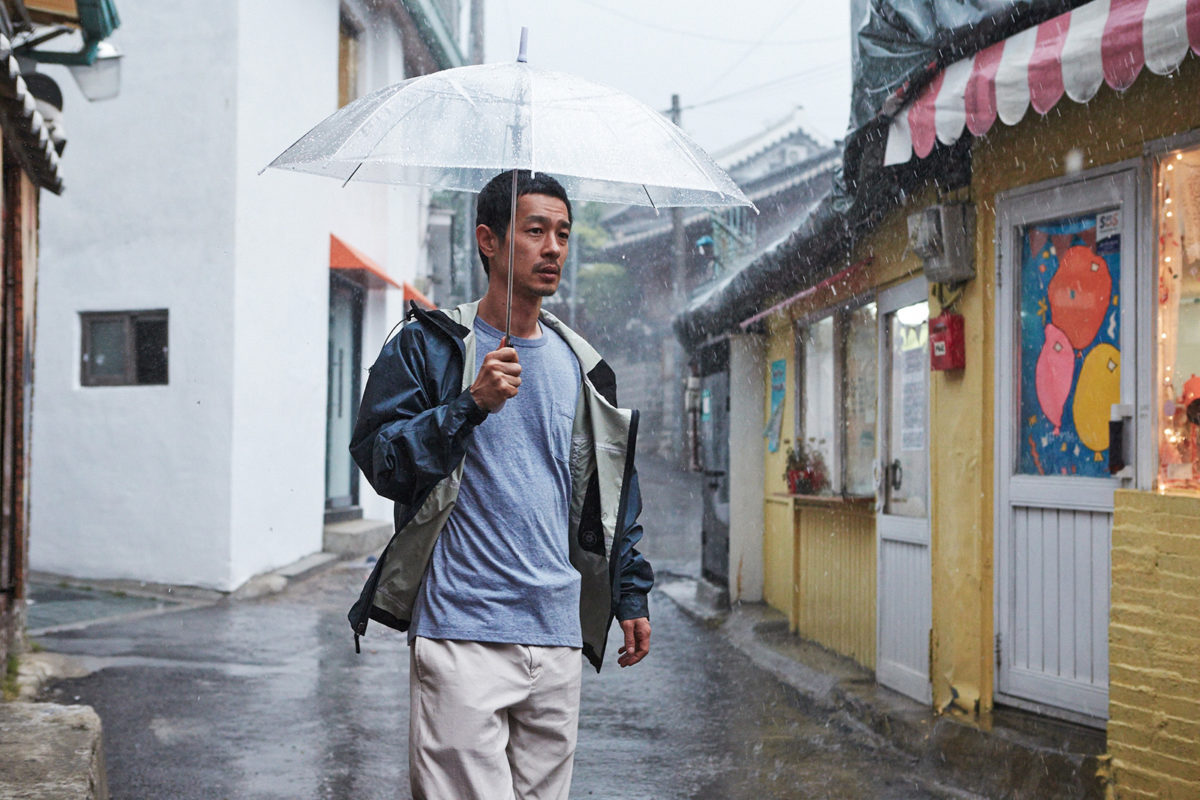
Though they premiered years ago, two of Hong Sangsoo’s greatest works finally received U.S. distribution this year, qualifying them for my list. Hill of Freedom is a showcase par excellence in how the director adds complexity to a structure that seems simple on the surface: a woman reads a man’s letters about his adventures in Japan, only to have them fall on the ground, and thus his story is now told out of order. The playful conceit of the 67-minute film finds ample room to explore comedy, heartache, cultural identity, and more. Like most Hong films, it plays as a breath of fresh air, and even moreso during this time of immense unease. Yourself and Yours mines the director’s mastery of dark-tinged humor as we follow the aftermath of a break-up and, as is often in his films, the hole of embarrassment that his male protagonists dig up with aplomb. Hopefully this is just the beginning of Hong’s earlier works getting more recognization stateside and beyond.
8. City Hall (Frederick Wiseman)

While he’s traveled the world throughout his staggering 50-plus-year career, Frederick Wiseman stayed in his backyard for his latest documentary and the result is one of his finest accomplishments. Primarily in step with Boston Mayor Marty Walsh (recently appointed as labor leader in the Biden administration), City Hall tracks the ins and outs of keeping a city running in fascinating detail. Thanks to Wiseman’s welcome disregard for standard norms in the field, throughout this 4.5-hour journey, we’re given a glimpse at sequences most others may excise, from real-time traffic pattern management to garbage pick-up, resulting in a living, breathing, and comprehensive document of government. Here’s hoping the 91-year-old Wiseman can stay safe and healthy to further depict this tumultuous time of bureaucratic inner workings across the country and beyond.
7. Never Rarely Sometimes Always (Eliza Hittman)
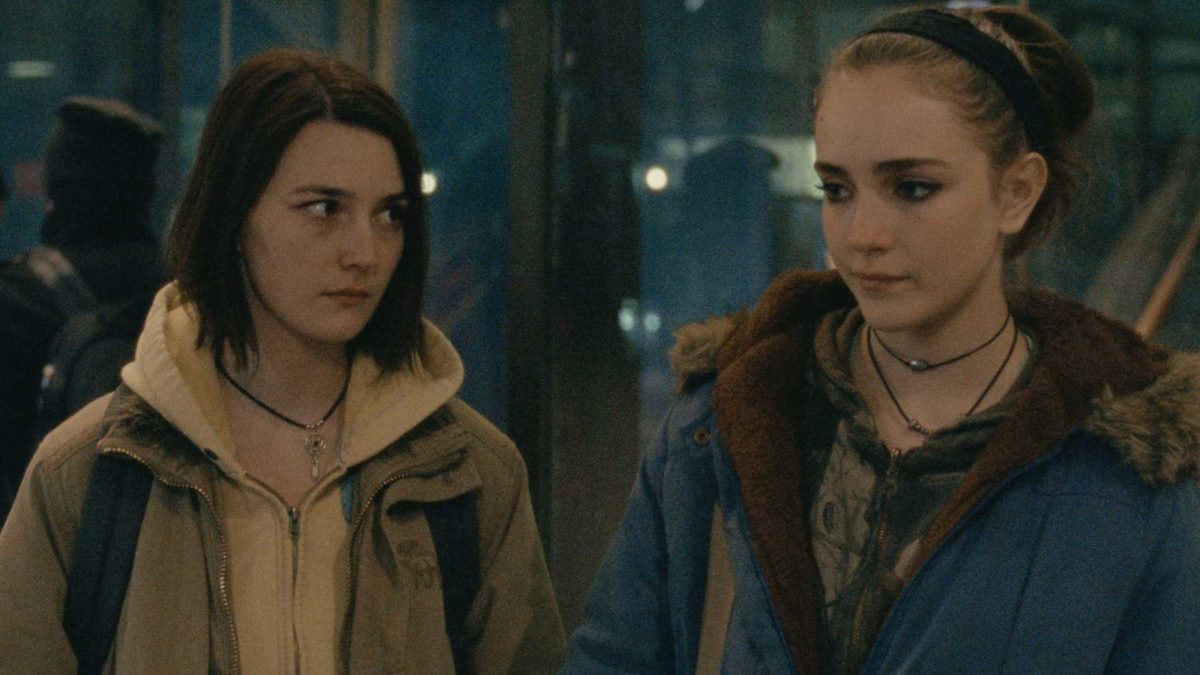
In a world where the hot-button issue of abortion has been a divisive point of political pull in which the majority of those in power will never have to grapple with the decision their entire lives, how do we shift our perspective to find the empathy towards those that are directly affected by when, how, and who can undergo the procedure? We can start with Never Rarely Sometimes Always, Eliza Hittman’s deeply moving chronicle of a teenager’s struggle to terminate her pregnancy. By steering clear of overtly political messages and naturalistically centering our perspective solely in the mindset of Autumn (Sidney Flanigan) through this journey, I can’t imagine a soul that won’t be inspired to give more careful consideration to those in similar situations. Read my full review.
6. Mayor (David Osit)
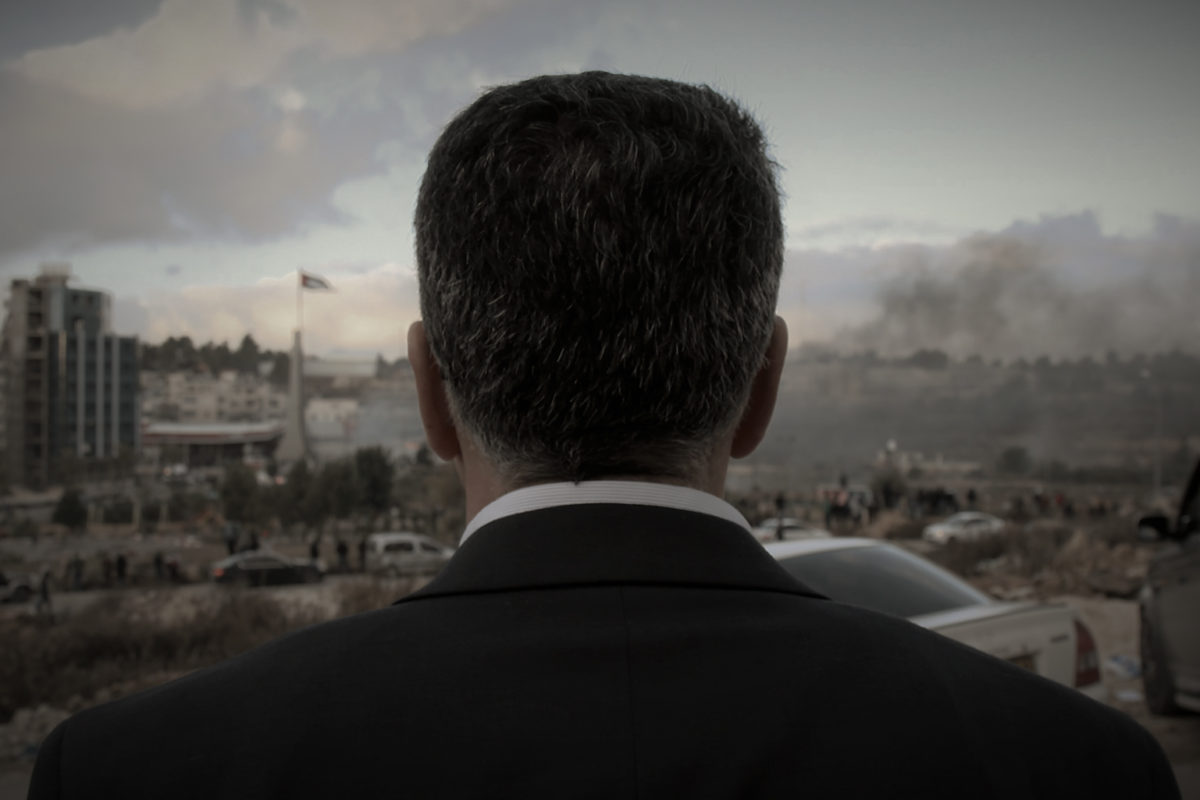
The reign of bigotry and terror from Donald Trump and his administration can often take the form of a myopic view for those in the United States, witnessing on a daily basis how the soon-to-be-ousted leader is further corroding the sharp political divide in his own country. However, the reverberations of his decisions, of course, have a global impact, and David Osit’s riveting new documentary Mayor shows how the President’s heedless actions have exacerbated long-held strife in Ramallah, the Palestinian city in the central West Bank located mere miles from Jerusalem. The ”city in transition” is led by Musa Hadid, a humble Christian mayor who deeply empathizes with his community as they are controlled by the Israelis and surrounded by their encroaching settlements. The threat against their livelihood reaches more peril when Trump officially declares Jerusalem as Israel’s capital in 2017, leaving Palestinians attempting to survive without a place to truly call home. Read my full review.
5. Tesla (Michael Almereyda)
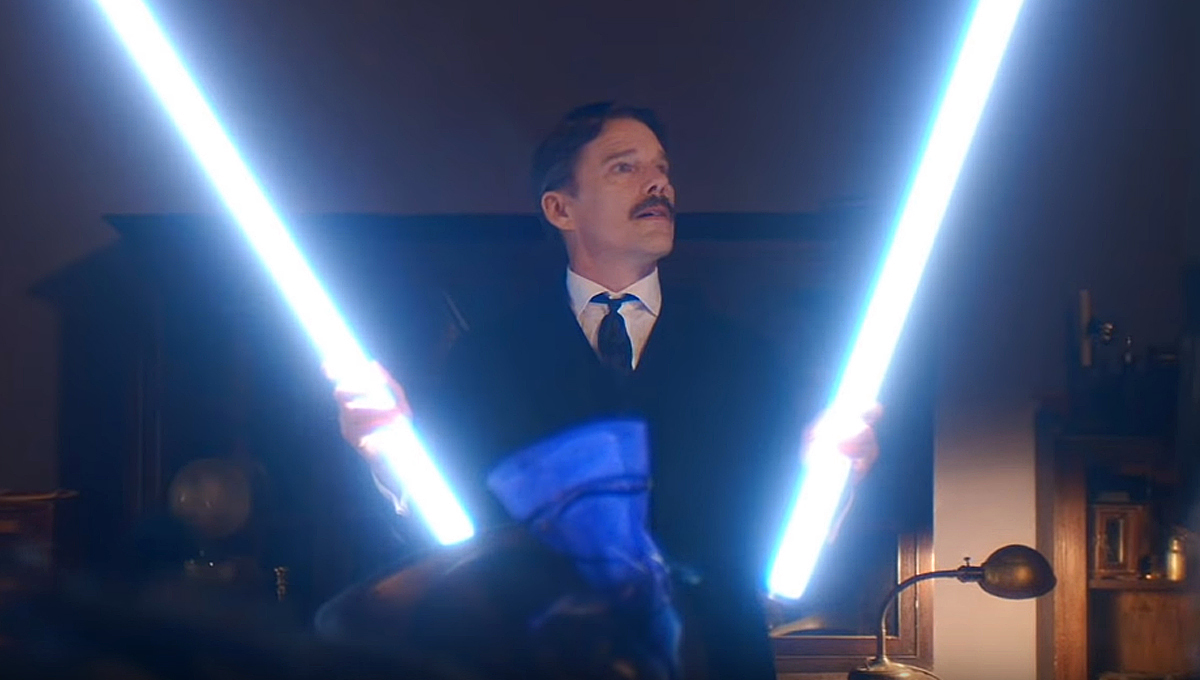
Every few years there’s a biopic to truly upend our notion of genre boundaries. The always inventive Michael Almereyda doesn’t just break conventions with Tesla––he wholly flips the script. Led by Ethan Hawke in one of 2020’s best performances, the entertaining anachronisms, playful fabrications, and even an unexpected musical performance feel like they get more to the heart and spirit of Nikola Tesla than any by-the-books biopic could hope to achieve.
4. Vitalina Varela (Pedro Costa)
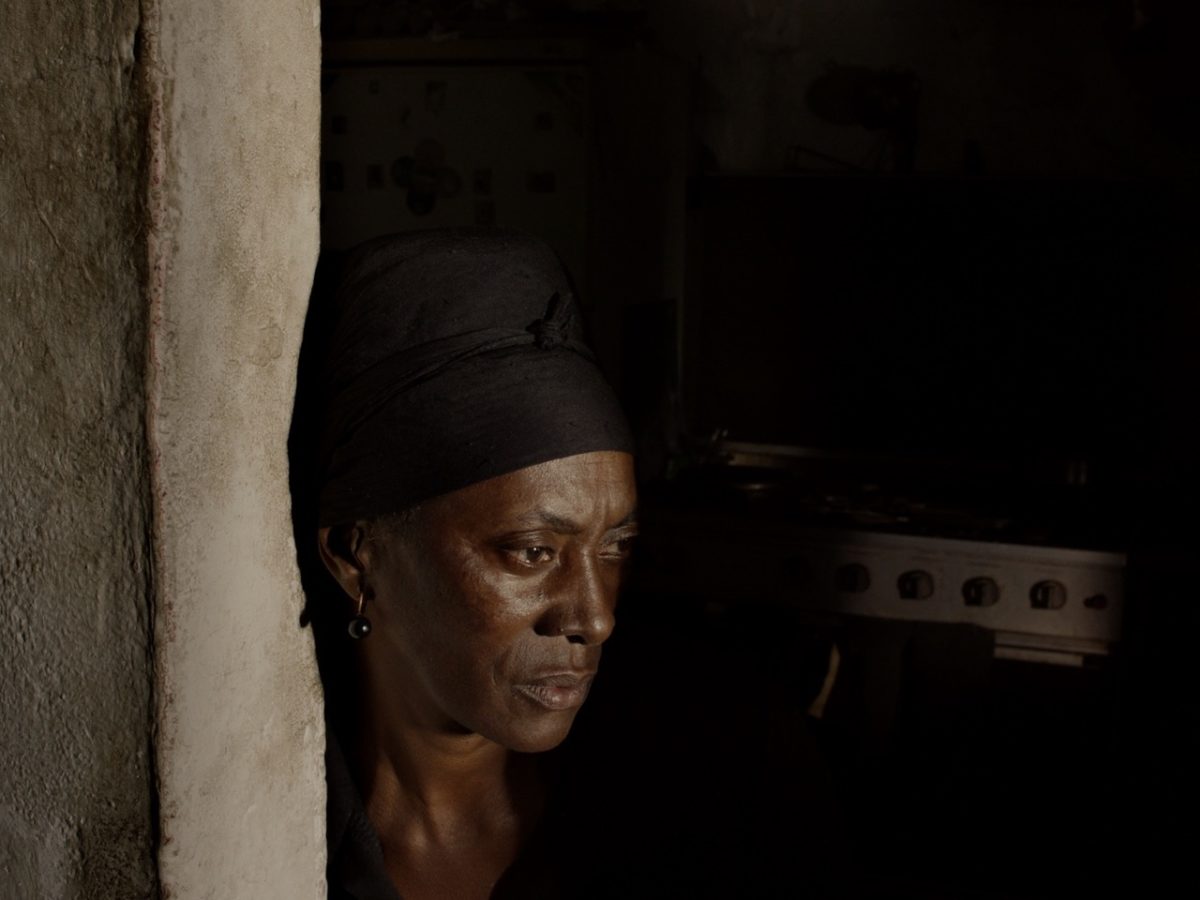
The most haunting film of the year. Through every frame of Vitalina Varela, Pedro Costa and regular cinematographer Leonardo Simões vividly conjure purgatorial images of grief and wandering as we follow our title character’s torpid journey through Lisbon, days after her husband’s funeral. In the best performance of 2020, the memories of Varela’s past are worn in every measured gesture as Costa nods to the tenets of silent cinema. While its official theatrical release just barely preceded the shutdown of movie theaters across the U.S., it’s a shame it wasn’t able to expand enough for a wider theatrical release. Here’s hoping the opportunity may return when it’s safe to do so.
3. Lovers Rock (Steve McQueen)
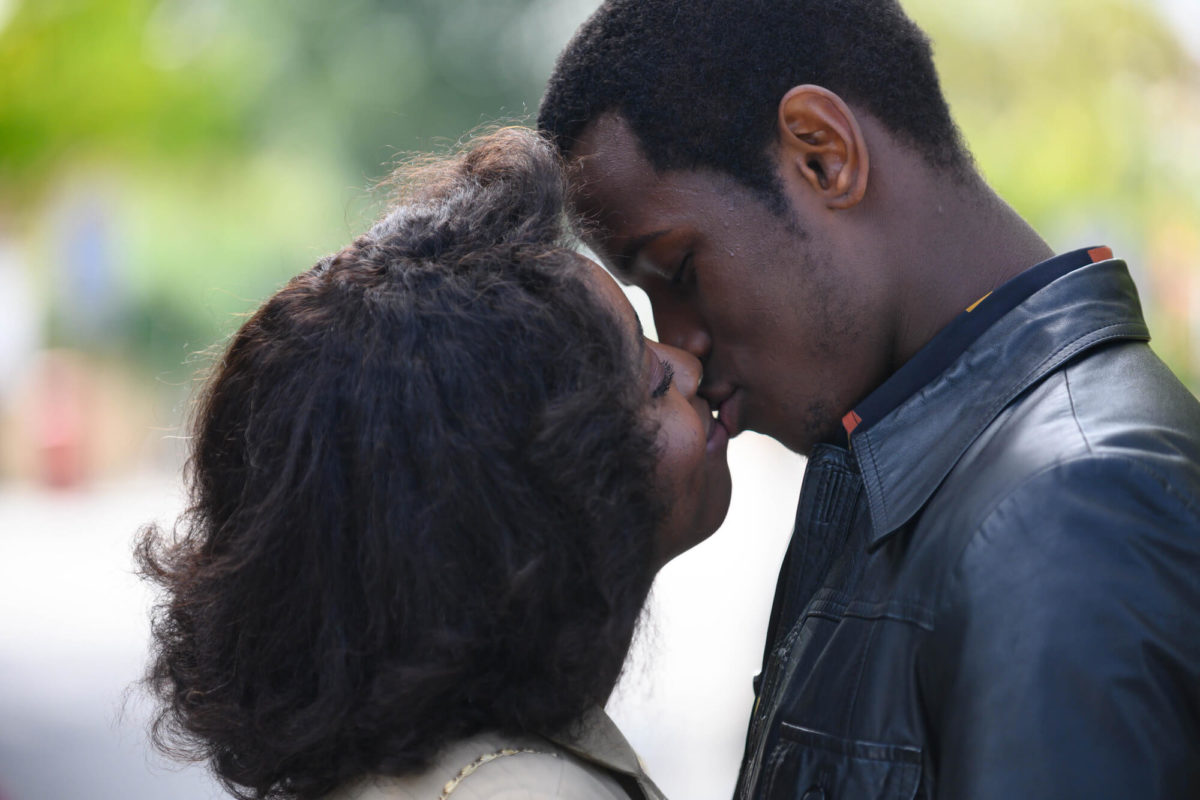
The only film thus far this year that I’ve awarded multiple viewings, Lovers Rock marks a career peak for Steve McQueen, whose ambitious Small Axe anthology is one of the defining works of 2020. In his 68-minute party film, it almost seems that McQueen should share a co-directing credit with cinematographer Shabier Kirchner, whose camera is perfectly attuned with the rhythms of movement throughout the ecstatic, soulful evening of dance, love, and community. In a year with no gatherings, much less parties, Lovers Rock is the most joyful movie experience one can possibly have.
2. First Cow (Kelly Reichardt)
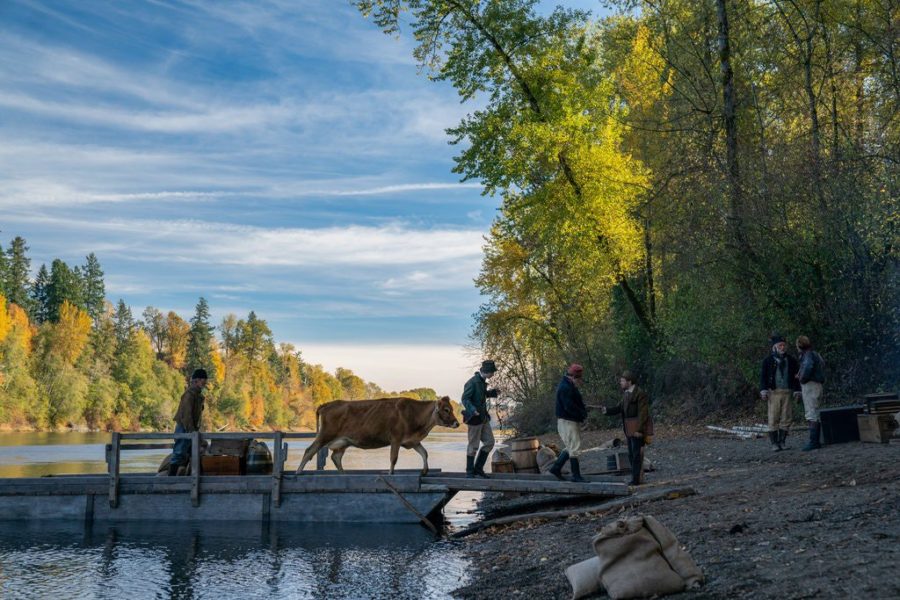
Few filmmakers have a body of work that ages as profoundly of that of Kelly Reichardt. After seeing First Cow well over a year ago at New York Film Festival, where––along with its Telluride Film Festival premiere––its general response seemed somewhat muted, its effect has exponentially grown. In telling this story of hardscrabble survival in the Northwest, Kelly Reichardt trains her eye on the breadcrumbs of capitalism that have now subsumed our everyday life. Far from a message movie, however, it’s transfixing to bask in the world that Reichardt has so masterfully stitched together, effortlessly whisking us away to this key turning point in the fabric of America.
1. Time (Garrett Bradley)

The title of Garrett Bradley’s stunning documentary isn’t just a reference to the sentence her subject, Rob Richardson, was given. It’s every moment he’s deprived of as the world continues outside his cell. It’s what his wife Fox and their family sacrifice in their daily struggle to get him out. It’s every instant that the system in power uses to make them wait for an answer. It’s a piece of something they may be able to win back if Rob is released. And it’s a sense of timelessness the director captures with her black-and-white, symphonic approach, melding the political and personal in overwhelmingly heartbreaking ways. Read my full review.
